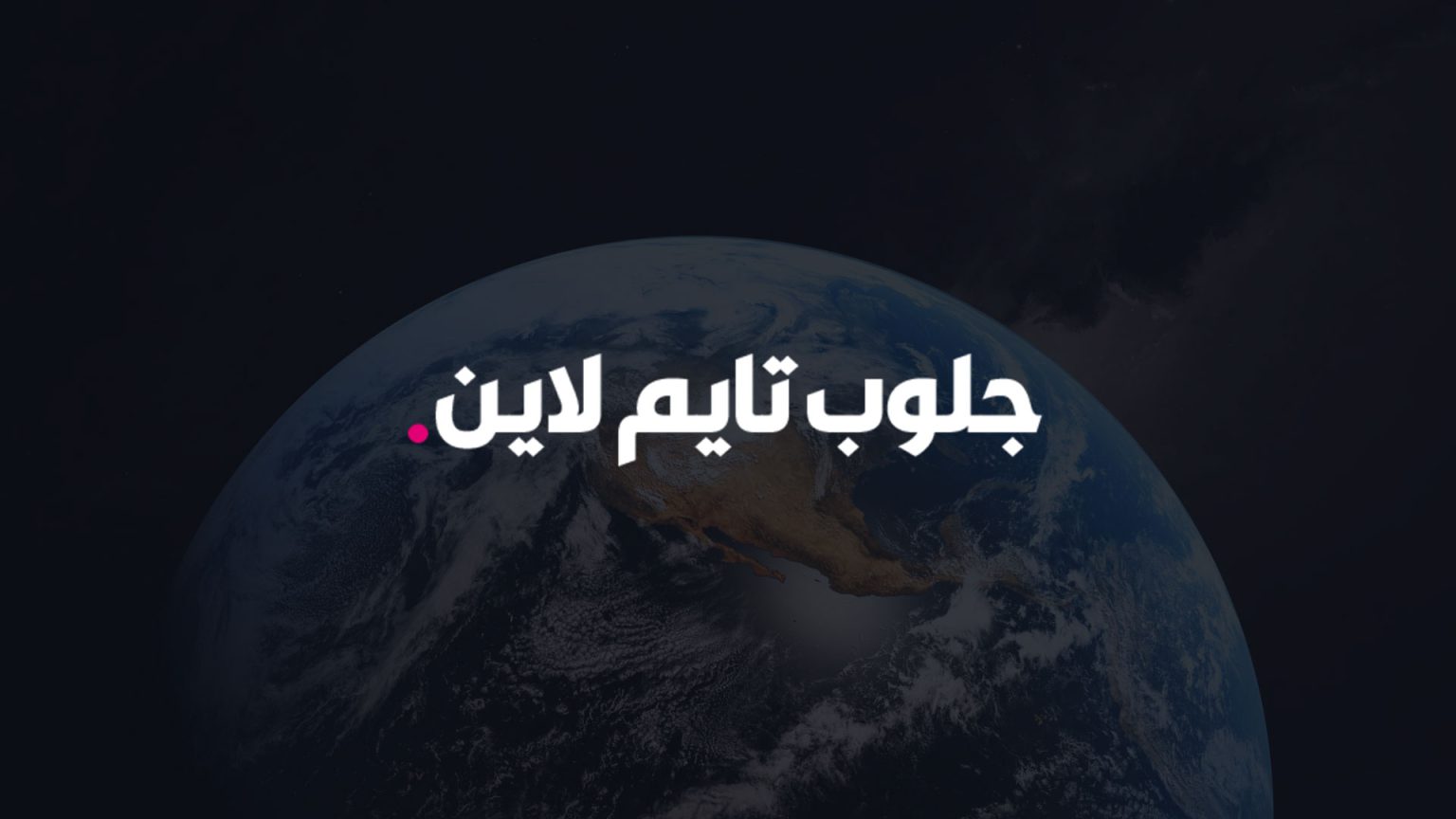Summarize this content to 2000 words in 6 paragraphs in Arabic Good morning. Today, my Brussels colleague reports on the struggle to convince young people to vote in next week’s elections to the European parliament, and a Ukraine specialist on sanctions gives Laura some advice for European governments.Have a great weekend.The kids aren’t alrightYoung people across Europe have in recent months taken to the streets and occupied university campuses in the hope of influencing politicians, but still lag behind older Europeans when it comes to voicing their grievances at the polling station, writes Daria Mosolova. Context: About 28mn young EU citizens will be eligible to cast their vote for the first time in European parliamentary elections next week, prompting Brussels officials to search for new means of connecting with the changing electorate.But it is proving harder than expected for old institutions to learn new tricks. The European parliament’s newly launched TikTok account, where Eurocrats dabble in memes and collaborate with young influencers, has a pitiful 30,000 followers one week before the vote begins — pop queen Taylor Swift has 32.9mn.“You need to adapt to something that is quite far from the typical communication work of an institution,” said the parliament’s communications director Jaume Duch. “If you don’t adapt to the reality of each social media channel, obviously your level of success will be very very low.” The latest Eurobarometer survey showed 63 per cent of those aged between 15 — and on the cusp of voting age — and 24 were likely to cast a ballot in June, an improvement on the previous election cycle, but below the 71 per cent average for all age groups. “There is some extra work to be done by the political leaders to attract [young] people, who are of course concerned about their environment and their future”, said Duch. Germany, Belgium, Malta and Austria have lowered the voting age to 16 in the hope of boosting participation. Other gambits include making it easier for students to vote from abroad or online, as well as lowering the age at which one can stand as a candidate.“People are more inclined to engage in politics if they can see someone that looks like themselves,” said 26-year-old Danish MEP Kira Marie Peter-Hansen — the youngest politician ever elected to the European parliament, where the average age will be 54 by the end of this mandate. “When we don’t have more young people in political positions, it can lead to an understanding that EU politics is not representing the young generation,” Peter-Hansen said. “Or that their voices are not heard.”Chart du jour: EnergeticEurope’s gas market has proved far more resilient than most expected in recent years but needs more reform to stop a vicious circle in energy prices, writes Natasha Fielding. Tighten upAs EU countries discuss their latest package of sanctions against Russia, a Ukrainian sanctions specialist has got some suggestions, writes Laura Dubois.Context: The EU has hit Russia with 13 rounds of sanctions since Moscow’s full-scale invasion of Ukraine more than two years ago, with a 14th package in the works. But the Russian economy is alive and kicking, thanks to loopholes and circumvention of the measures with the help of other countries.Yesterday, EU sanctions envoy David O’Sullivan travelled to Kyiv to discuss these issues with the Ukrainians.“The most disturbing thing is the ability of Russia to get European-made microelectronics,” Vladyslav Vlasiuk, adviser in the Ukrainian president’s office, told the Financial Times. “This is something that should be stopped.”The EU has banned the export of so-called dual-use goods to Russia, but they continue to flow, mostly through China. In 2023, 60 per cent of Russia’s dual-use imports came from China, according to FT analysis. Vlasiuk called for sanctions on Chinese companies that sell weapons components to Russia. Then there is the oil price cap, which was implemented by the EU and the G7 to limit energy revenues, but which has not had the desired effect. “The ability to circumvent this limitation is bigger than the ability to control [it],” Vlasiuk said, adding that this was also thanks to Russia’s “enormous shadow fleet of oil tankers”.Vlasiuk criticised Greece, which has a large shipping sector, for opposing sanctions in this area. He urged Brussels to follow the US in sanctioning individual ships. EU countries are considering additional measures on shipping.“What I would love to see is for EU to be a little bit more vocal,” Vlasiuk said, pointing towards financial institutions processing Russian payments. “Financial institutions which have been violating the EU restrictive measures against Russia should not be then allowed to do business within the EU.”What to watch today Nato foreign ministers meet in Prague, arriving from 7.45am.Belgian Prime Minister Alexander de Croo visits US President Joe Biden in Washington.Now read these
rewrite this title in Arabic Why are the EU’s angry youth more keen on protesting than voting?
مقالات ذات صلة
مال واعمال
مواضيع رائجة
النشرة البريدية
اشترك للحصول على اخر الأخبار لحظة بلحظة الى بريدك الإلكتروني.
© 2025 جلوب تايم لاين. جميع الحقوق محفوظة.






